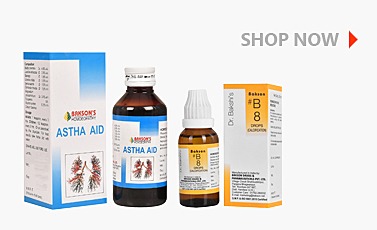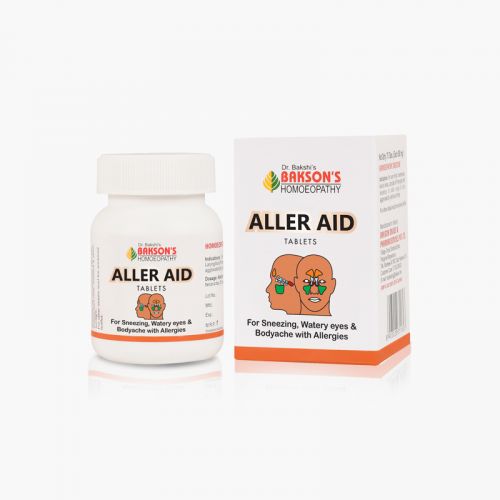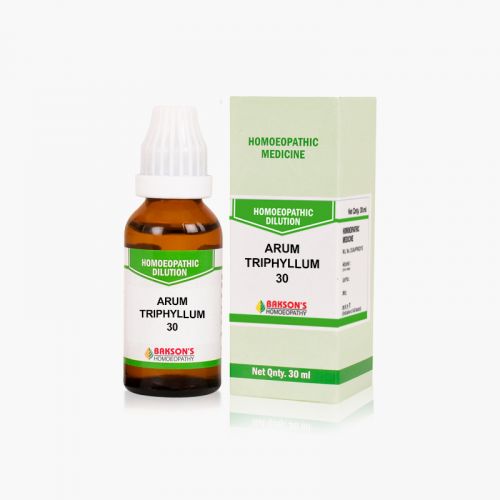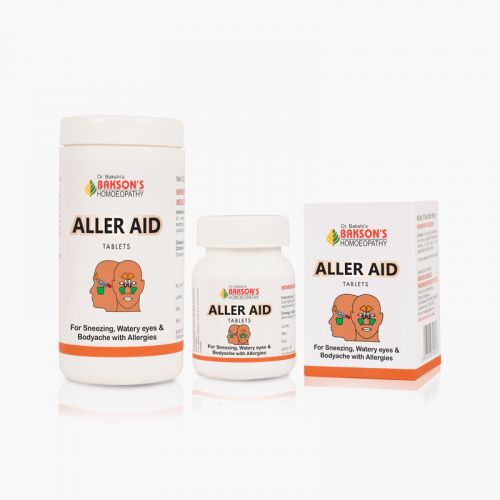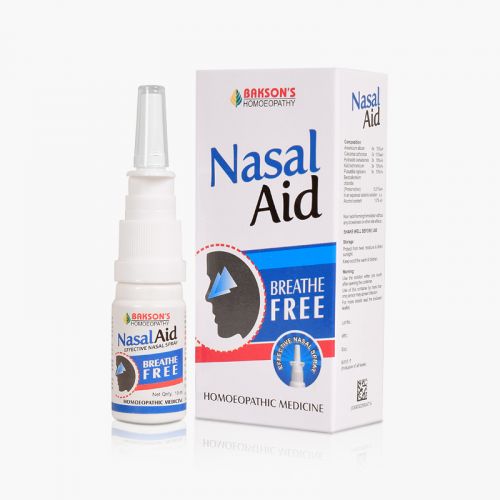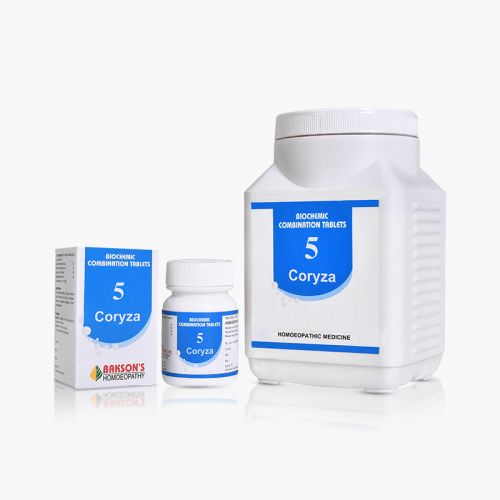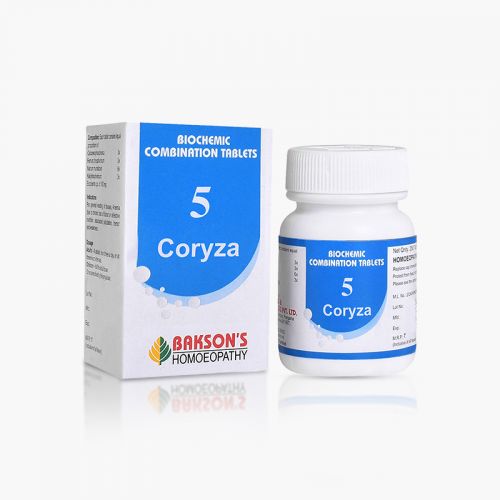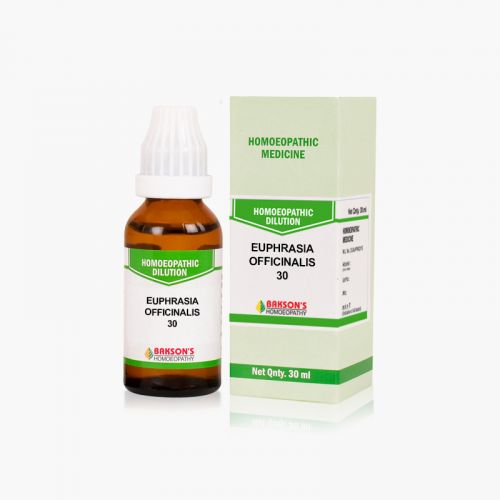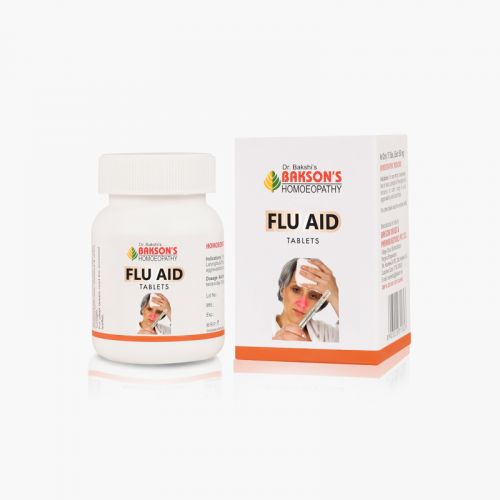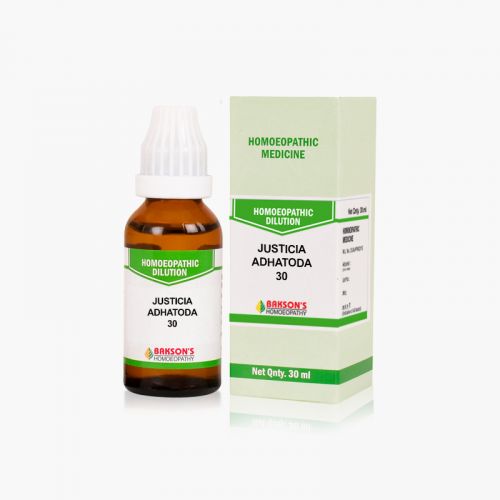We use cookies to make your experience better. To comply with the new e-Privacy directive, we need to ask for your consent to set the cookies. Learn more.
What is Hay Fever?
Hay Fever or Allergic rhinitis (AR) is an atopic disease presenting with symptoms of sneezing, nasal congestion, clear rhinorrhoea, and nasal pruritus. It is an IgE-mediated immune response that is against inhaled antigens in the immediate phase, with a subsequent leukotriene-mediated late phase. It presents with the classical symptoms of nasal congestion, rhinorrhoea, sneezing, post nasal drip and nasal pruritus.
It can be classified as either seasonal (intermittent) or perennial (chronic), with approximately 20% of the cases being seasonal, 40% perennial and remaining falling under both the categories.
AR is known to peak in the second to fourth decades of life and then gradually decline. Seasonal allergic rhinitis seems to be more common in the paediatric age group, whereas chronic rhinitis is more prevalent in adults. The prevalence is around 30% based on the patients with nasal symptoms.
Causes
Risk factors for developing AR include a family history of atopy, male sex, a presence of allergen-specific IgE, a serum IgE greater than 100 IU/mL before age of 6 years and higher socioeconomic status.
Sign and symptoms
Patients with intermittent or seasonal allergic rhinitis have symptoms of sneezing, rhinorrhoea, and watery eyes. Chronically, patients will complain of postnasal drip, chronic nasal congestion and obstruction. Patients with intermittent rhinitis may report triggers such as pollen, animal dander, flooring/upholstery, mold, humidity, perfumes, and/or tobacco smoke.
On physical examination, signs like mouth breathing, frequent sniffling and/or throat clearing, transverse supra-tip nasal crease, and dark circles under the eyes (allergic shiners) are noticed.
Diagnosis
The diagnosis is clinical though, but the physician must take a detailed history of the patient with respect to the types of symptoms, the time, duration and the frequency of symptoms along with aggravating factors. The diagnosis can be confirmed by the estimation of specific IgE or allergy skin testing. In patients with seasonal symptoms, testing should be performed during the peak symptoms season in order to best identify specific triggers.
Anterior rhinoscopy typically reveals swelling of the nasal mucosa and thin, clear secretions.
Management
Though it is not possible, the patient may be advised to avoid triggers especially in the change of season. Pharmacological intervention may be recommended by the physician based on the presenting symptoms.
Treatment
Disclaimer: The information provided herein on request, is not to be taken as a replacement for medical advice or diagnosis or treatment of any medical condition. DO NOT SELF MEDICATE. PLEASE CONSULT YOUR PHYSICIAN FOR PROPER DIAGNOSIS AND PRESCRIPTION.
- ALLER AID TABLETS -75TABS (N)Special Price ₹ 172.00 Regular Price ₹ 215.00
- ARUM TRIPHYLLUM 30₹ 100.00
-
- BAKSON NASAL AID SPRAYSpecial Price ₹ 84.00 Regular Price ₹ 105.00
-
- BCT # 5 (CORYZA)-250TABSpecial Price ₹ 84.00 Regular Price ₹ 105.00
- EUPHRASIA OFFICINALIS 30₹ 100.00
-
- JUSTICIA ADHATODA 30₹ 100.00



